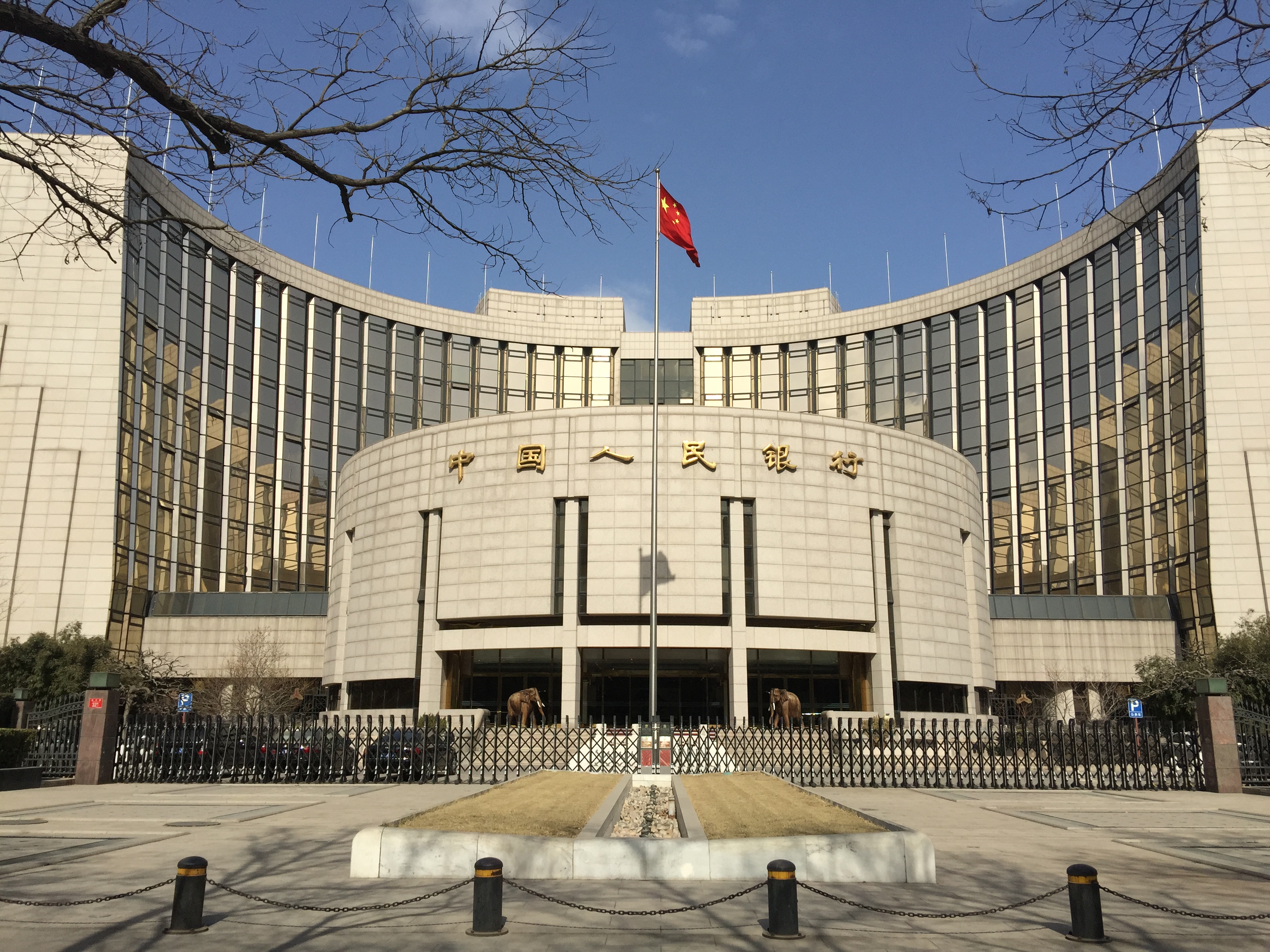When people with little to no understanding of cryptocurrencies tried to tap into the unbridled potential of cryptocurrencies, they end up taking mortgages on their houses, and entering a field they had no prior knowledge nor understanding of. With this in mind, it is worth to pay attention to the most likely participant in the crypto bonanza, namely Millennials.
Millennials seem to be quite willing to undertake risks as long as it involves multiplying their idle disposable income, which they often want to splurge on shiny things. This time, the object of desire turns out to be intangible digital gold.
Millennials have been investing steadily in a variety of cryptocurrencies, including Bitcoin and Ethereum, albeit the new kid on the block, QTUM may now be the item of desire among many. People aged from 22 to 37 have been quite prepared to invest in cryptocurrencies.
By one estimate, 17% of all people in the aforementioned age group owned cryptocurrencies to some extent. Compared to the so-called Baby Boomers, this percent is quite significant, with Boomers sporting a piffling 2%.
However, cryptocurrencies entail significant risks and the fact that Millennials are one of the primary groups to own them comes as a little surprise to anyone. Millennials are quite prepared to withstand financial shock. Their generation is well-heeled and opportunities for educated specialists often lends them cushy jobs.
However, the riches of this segment of the population stems not so much of getting the right job as it does from being allowed to punch in long hours at work.
Back on a crypto note, Millennials are also far more likely to be defiant against a central authority that tries to establish a control over their money, and they crave decentralization and relative anonymity of their transactions and lives.
However, apart from the disposable income they have, Millennials have been demonstrating some worrying trends as well. For starters, students have been taking out of their grants to make investments across the crypto world, which is just the opposite of a wise individual plonking down some extra cash on something that could potentially yield decent profits.
With the cryptocurrencies still in the headlines, Millennials seem inclined to continue and try to acquire assets that could have a juicy windfall at some undetermined point in the future.
Another interesting trend reveals itself. Americans are saving for their post-work years, with 95% of the whole population salting away money for later years whereas Millennials tend to be more spendthrift and do not put away for their later years.
Estimated two-thirds of all Millennials lack funds for their retirement, one study conducted by the National Institute on Retirement Security (NIRS) estimates.
Instead, youngsters seem to be investing steadily in a variety of assets and believing that digital assets will have the best ROI. However, this is anyone’s guess. Some cite that FIAT money may struggle in the long term and that their value is even more difficult to predict than that of cryptocurrencies.
Millennials tend to think that digital assets are the future. Conversely, they should be taken with a pinch of salt. Why? If a cryptocurrency fails, there is no way for anyone to quickly cash out his or her funds out and safely. Granted, the same logic would apply to FIAT, but the financial system is much better established and early signs could be spotted, allowing investors to react early.
Oppositely, crypto gold’s value seems to be in complete free spin. Regulation does not deter it whereas auspicious moments tend to tarnish it. It is difficult to understand what exactly dictates its value.
However, future and present holders of crypto gold will have to acknowledge a simple truth. If you are going into cryptocurrency, you will have to brace for an ever-increasing scrutiny in your crypto dealings.
Many institutions have been piling up on regulation for the crypto sector, including Danske Bank most recently. Institutions are increasingly opposing an order where cryptocurrencies are going about unchecked cryptocurrencies that are serving as the basis of exchange.
It is a move that will be adopted by a broader coalition of bodies soon enough and that will scatter investors who have been hoping to dodge tax or advance out-of-the-regular means.
For better or for worse, cryptocurrencies will be regulated and scrutiny in the sector is not a bad thing. With a spate of scandals involving the use of cryptocurrencies as used to launder money, the extra oversight and monitoring could be quite helpful.
Mar 29, 2018
Millennials Keen on Cryptocurrencies



Comments (No)